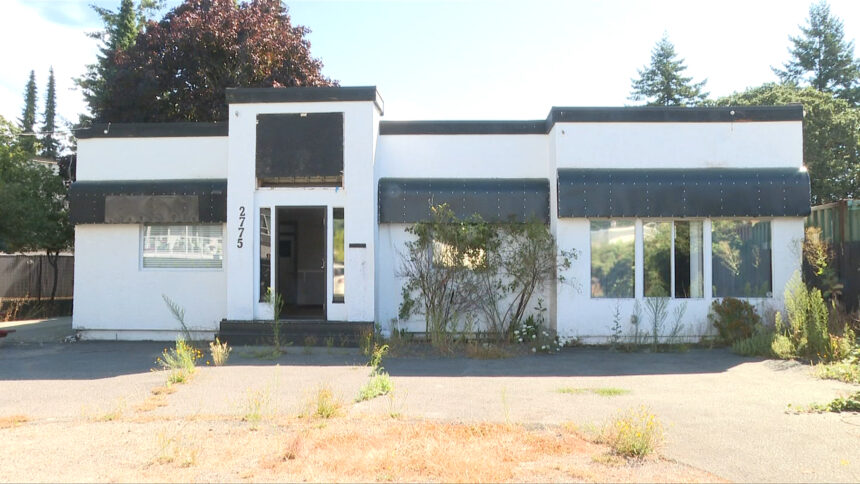In a remarkable shift from notoriety to community service, a property once linked to the Hells Angels motorcycle club in Langford, British Columbia is undergoing a profound transformation. The former clubhouse, long associated with the infamous organization, is being converted into a mental health and addiction recovery facility—a change that symbolizes hope rising from a controversial past.
The property on Spencer Road, which served as the Nanaimo chapter’s clubhouse until it was seized by the province in 2007, remained vacant for years after a lengthy civil forfeiture battle. Provincial authorities successfully argued the building had been used for unlawful activities, leading to its confiscation under British Columbia’s civil forfeiture laws.
“This transformation represents one of the most poetic examples of community reclamation I’ve seen in my career,” said Dr. Eleanor Richards, a specialist in community mental health initiatives. “Taking a space once associated with activities that often contributed to community harm and repurposing it for healing is profoundly meaningful.”
The recovery centre, expected to open later this year, will provide crucial mental health services and addiction recovery programs in a region where such resources are desperately needed. According to recent provincial health statistics, the Vancouver Island area has seen a 32% increase in demand for mental health services since 2019.
Local resident James Morrison expressed cautious optimism about the development. “I’ve lived down the street for twenty years. I remember when that place was active—there was always tension in the neighborhood. To see it become something that actually helps people recover from addiction rather than potentially contributing to it—that’s something I never imagined would happen.”
The transformation comes amid British Columbia’s ongoing efforts to address the dual crises of mental health challenges and substance use disorders. The province has allocated over $500 million in additional funding for mental health and addiction services in its most recent budget, signaling a commitment to expanding treatment options across various communities.
City officials have worked closely with health authorities to expedite permits and zoning requirements, recognizing the urgent need for such facilities. “The location is ideal for recovery services,” noted Langford city councillor Maria Townsend. “It’s accessible yet provides the privacy and natural surroundings that support healing.”
The facility will offer both inpatient and outpatient services, with specialized programs addressing concurrent disorders—cases where individuals experience both mental health challenges and substance use issues simultaneously. This comprehensive approach reflects current best practices in addiction medicine.
Architectural plans reveal the building will maintain its exterior structure while completely reimagining interior spaces to create therapeutic environments. Common areas, counseling rooms, and meditation spaces will replace what were once gathering spaces for club members. Gardens and outdoor therapeutic areas will be developed on the surrounding property.
Community reception has been largely positive, though some residents have expressed concerns about potential impacts on neighborhood dynamics. Health authorities have committed to regular community engagement sessions to address concerns and build relationships with nearby residents.
As communities across Canada struggle with addiction and mental health challenges in the wake of the pandemic and ongoing opioid crisis, this conversion project stands as a powerful symbol of transformation. The question remains: How might other communities reimagine problematic spaces to address their most pressing health needs?























